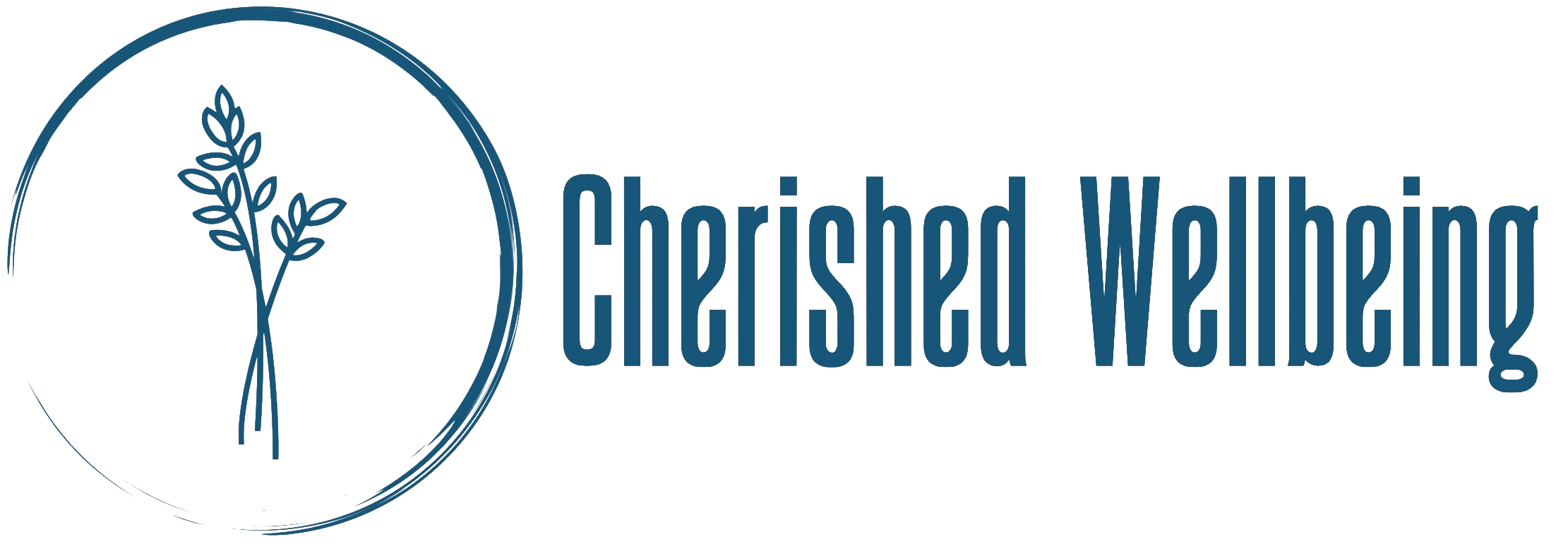Your immune system is incredible!
It is always on the lookout for foreign invaders and in some cases, deals with those foreign invaders without you even knowing. The immune system is made up of a network of tissues, organs and cells and how well your immune system is functioning determines how well you can resist and how long it takes you to recover from diseases. The response of the immune system can be divided into two categories – innate (or nonspecific) immunity and adaptive (or acquired) immunity.
How does the immune system work?
The immune system is a complicated system, however, below is a brief breakdown of how the immune system functions. Innate immunity is the primary defence system that responds immediately when an invader is identified. The first line of defence includes skin, mucous membranes that line the mouth, eyes, nose, gastrointestinal tract among others, and bodily fluids. So when an invading pathogen tries to enter the body, and depending on its route of entry, the body will react, for example, with one or more of the following:
- mucus, which is sticky and can trap the pathogen;
- urine, which flushes out toxins;
- vomiting, to remove pathogens
If the invading pathogen makes it past those first line defence mechanisms, antimicrobial proteins, natural killer cells and the inflammatory response launch an attack.
Adaptive immunity takes time to develop, usually several days or weeks, and unlike innate immunity, adaptive immunity is very specific. Once the immune system has encountered an invading pathogen, adaptive immunity remembers it so that the next time it is encountered, the immune system launches a faster more vigorous response. The response of the adaptive immunity is either cell mediated, which involves T-cells or antibody mediated, involving B-cells.
With winter around the corner, and COVID-19 the talk of the town, below are my top tips for supporting your immune system:
- Increase your intake of fruits and vegetables – aim for a minimum of 2 serves of fruit and 5 serves of vegetables per day and the more colourful the better!
- Limit/avoid ultra-processed foods as these can interfere with proper immune function
- Increase fluid intake (water, herbal tea) and reduce alcohol intake
- Prioritise quality sleep – aim for 7-8 hours each night
- Manage stress levels as stress can increase the incidence of infections
- Daily supplementation with vitamin C and low dose zinc in the lead up to and during the winter months can help support your immune system & reduce the duration of an infection if you do get sick. This has been shown to be more effective than taking high doses of vitamin C and zinc once you have developed a cold. Speak with your health care practitioner before supplementing.
- Get out in the sun to boost your vitamin D levels. If you spend most of your time indoors, you may want to think about supplementing with vitamin D during the winter months, however speak to your health care practitioner first.




